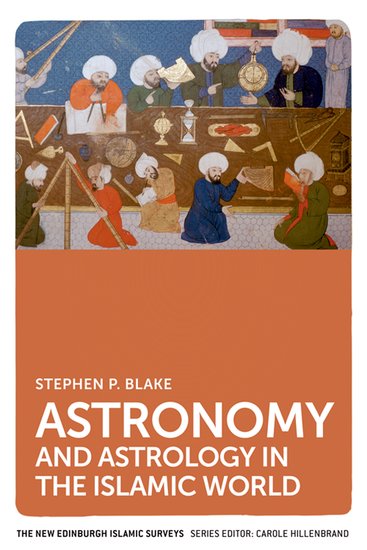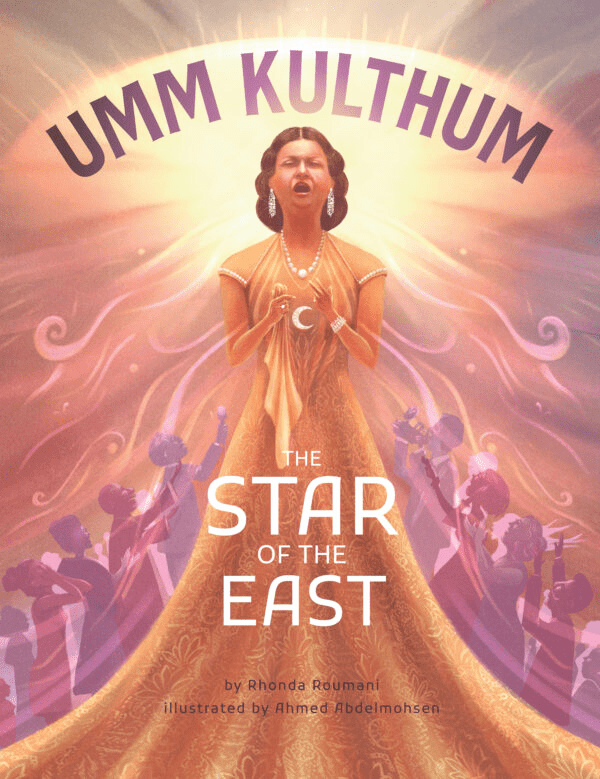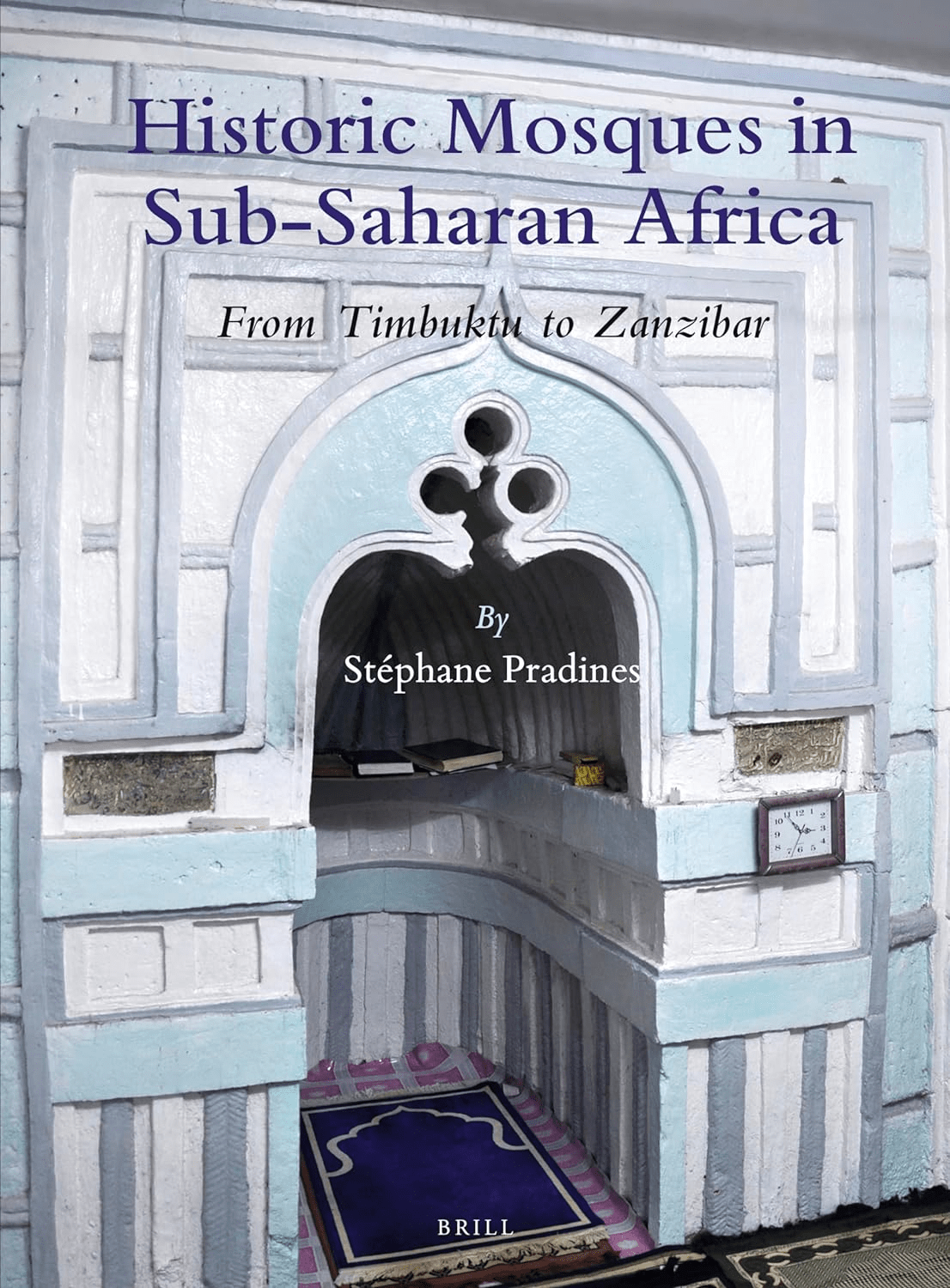
Astronomy and Astrology in the Islamic World
Robert W. Lebling
Stephen P. Blake
2016, Edinburgh UP, 978-0-7486-4910-5, $125 hb.
Blake demonstrates that until the late 16th century major advances in science were driven by the astronomers and mathematicians of the Islamic world, explaining that astrology was closely linked to the science of astronomy from earliest times. In both the Islamic and early European periods, scientists frequently funded their research by casting horoscopes, and predicting and interpreting celestial events.Blake traces the advance of scientific knowledge from the Abbasid era (mid-eighth to mid-13th century) to the Renaissance. Astronomer/astrologer Abu Ma’shar, for example, powerfully influenced European thinkers. Al-Khwarizmi’s treatise on the motion and positions of heavenly bodies was the first Arabic work of its kind to reach Europe intact in the 12th century. Contributions of Islamic astronomy included major inputs from Islamic Spain and Central Asia. Blake details the role of Islamic astronomers in developing observatories, astrolabes, celestial globes and other instruments. He tracks the transfer of Islamic astronomical and astrological knowledge to scientists such as Copernicus, Tycho Brahe, Johannes Kepler and Isaac Newton.
You may also be interested in...

Children’s Book Documents Rise of Umm Kulthum, Egypt’s Star of the East, As Declaration of National Identity
Illustrator Rhonda Roumani presents an illustrative biography of legendary Egyptian singer and cultural icon Umm Kulthum.
Historic Mosques in Sub-Saharan Africa
From Mali to Tanzania, historian Stéphane Pradines traces a thousand years of Islamic architecture that forces us to rethink what we know about Africa’s past.